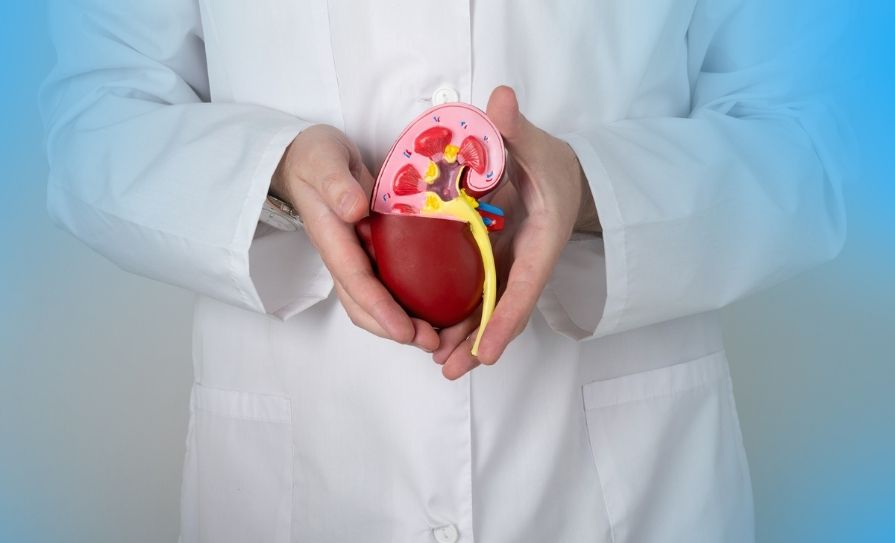A surveillance robot project recently deployed by the HSE for Covid-19 data processing may be used for other respiratory infections during the influenza season, this newspaper has been told.
“We are endeavouring to have the robot developed and deployed to process influenza lab notifications and create influenza events on CIDR (computerised infectious disease reporting system) this influenza season,” a HSE spokesperson told the Medical Independent.
The spokesperson added that “other respiratory infections similar in clinical presentation to Covid-19 will be prioritised, such as respiratory syncytial virus (RSV), as an increase in positive laboratory results is expected due to increased testing of influenza-like illnesses, like Covid-19, influenza, RSV, etc”.
According to a report in the September issue of Epi-Insight, a project team led by the Executive and the Health Protection Surveillance Centre (HPSC) explored the possibility of a robotic solution to relieve some of the burden of Covid-19 data processing.
“Through site visits to HSE Departments of Public Health, stakeholder workshops, business process analysis, a set of processing rules were agreed nationally and reference files for hospitals and community care areas (CCAs) were delivered,” outlined the Epi-Insight report.
“The robot was programmed by Deloitte to apply these rules and navigate the CIDR system by replicating human behaviour.” The live trial results of the robot project included “a successful degree of automation (ie, the robot could perform the processing just like a human), successful time-saving in processing time and the ability to operate outside of core hours to maximise its benefit”.
In terms of the project’s cost, the HSE’s spokesperson said: “This project has been delivered by the HSE-HPSC, working with the HSE-HBS process automation centre of excellence team and supported by Deloitte.
“Deloitte provided its services to this project on a pro bono basis. The solution is now in production and can be built upon to support other infectious diseases.”












Leave a Reply
You must be logged in to post a comment.